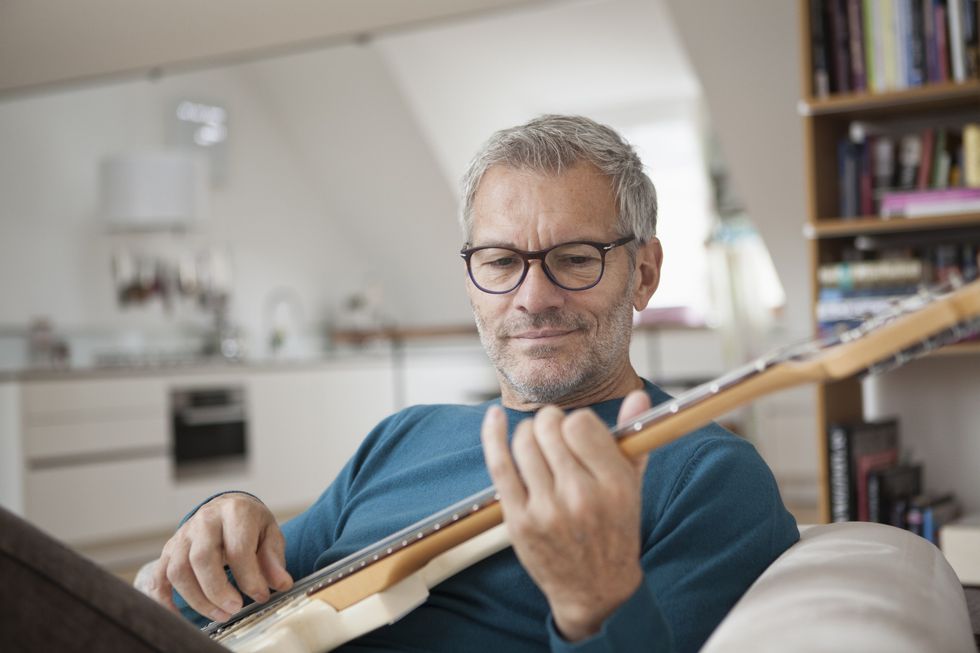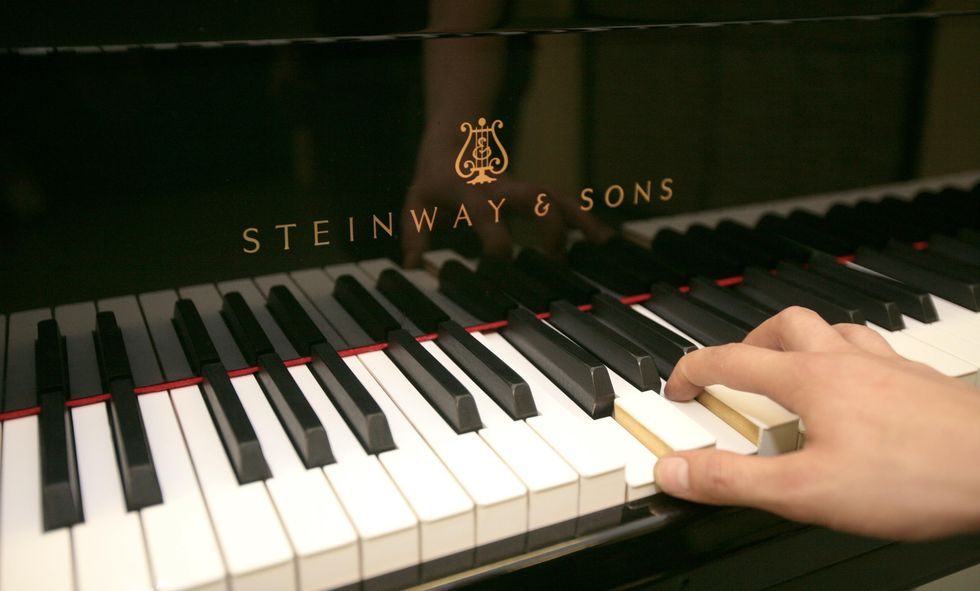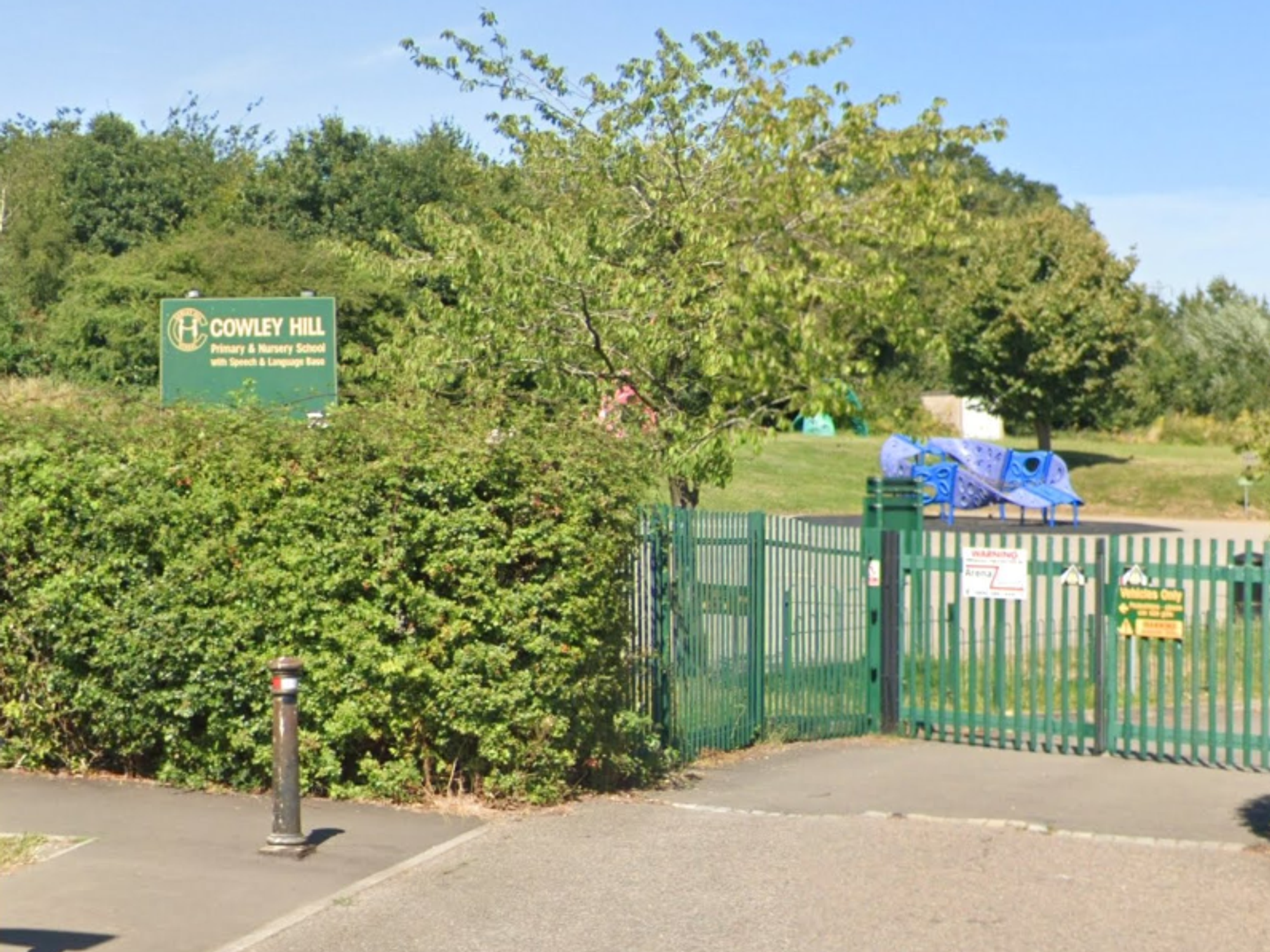Picking up a musical hobby can improve brain health and reduce dementia symptoms as Britons age

A new study suggested that playing a musical instrument can make the brain more agile and resilient
Don't Miss
Most Read
Playing a musical instrument is associated with better brain health in older age, according to new research.
Being musical could promote agility and resilience in the brain. Playing the piano in particular is linked to an improved memory and ability to solve tasks.
While many Britons learn how to play a musical instrument during childhood, a lot of people neglect their skills over the years.
A study published in the International Journal of Geriatric Psychiatry has found that playing an instrument or singing in a choir later in life could improve cognitive function.
Do you have a health story you'd like to share? Contact our team by emailing lifestyle@gbnews.uk.

'We think that being musical could be a way of harnessing the brain’s agility and resilience'
|GETTY IMAGES
Scientists found that playing the piano was the most advantageous in improving memory and the ability to solve complex tasks.
Singing in a choir is similarly good for brain health, however this could also be due to the effects of being in a social group.
Professor of Dementia Research at the University of Exeter, Anne Corbett, discussed the findings.
She said: “A number of studies have looked at the effect of music on brain health. Our PROTECT study has given us a unique opportunity to explore the relationship between cognitive performance and music in a large cohort of older adults.
"Overall, we think that being musical could be a way of harnessing the brain’s agility and resilience, known as cognitive reserve.
"Although more research is needed to investigate this relationship, our findings indicate that promoting musical education would be a valuable part of public health initiatives to promote a protective lifestyle for brain health, as would encouraging older adults to return to music in later life."
The research also suggested that those suffering from dementia already could also have a beneficial effect.
Professor Corbett continued: "There is considerable evidence for the benefit of music group activities for individuals with dementia, and this approach could be extended as part of a healthy ageing package for older adults to enable them to proactively reduce their risk and to promote brain health.”
LATEST DEVELOPMENTS

The study found that playing piano is linked to improved memory
|PA IMAGES
A 78-year-old accordion player Stuart Douglas shared that playing a musical instrument has been hugely beneficial to him.
He said: "I learnt to play the accordion as a boy living in a mining village in Fife and carried on throughout my career in the police force and beyond.
"These days I still play regularly, and playing in the band also keeps my calendar full, as we often perform in public.
"We regularly play at memory cafes so have seen the effect that our music has on people with memory loss, and as older musicians ourselves we have no doubt that continuing with music into older age has played an important role in keeping our brains healthy.”
Britons have also been told the amount of hours they should sleep to reduce their risk of dementia.










